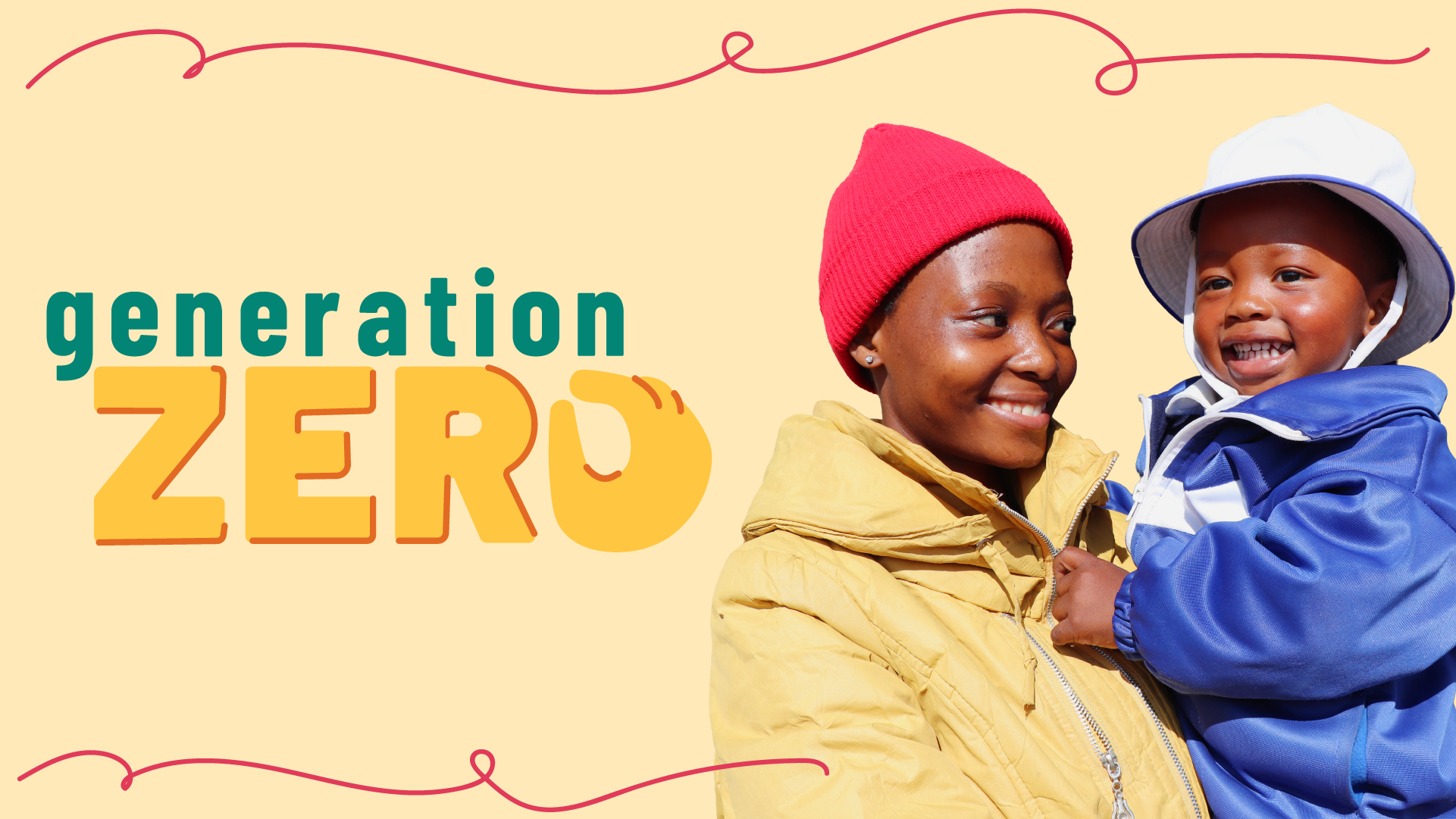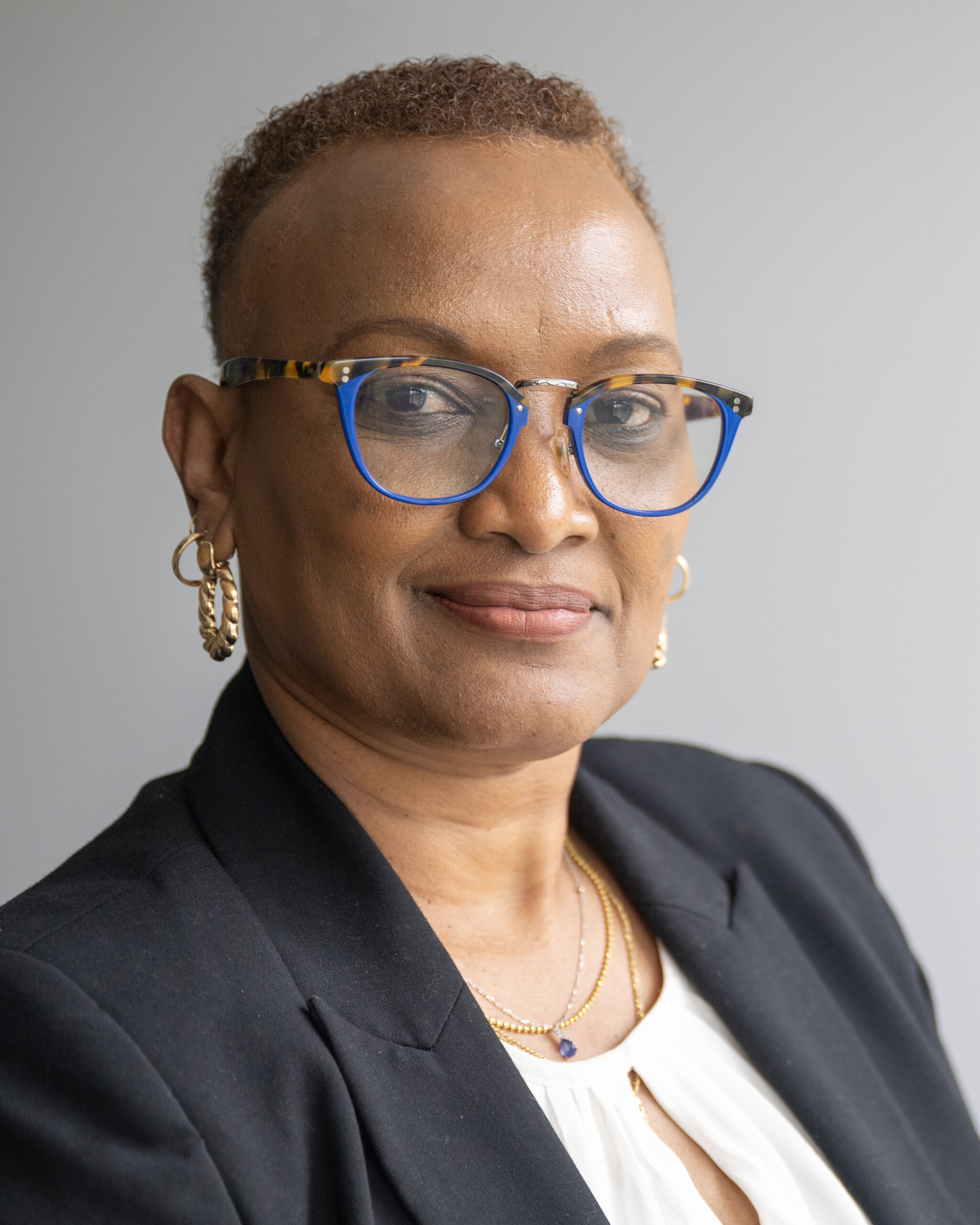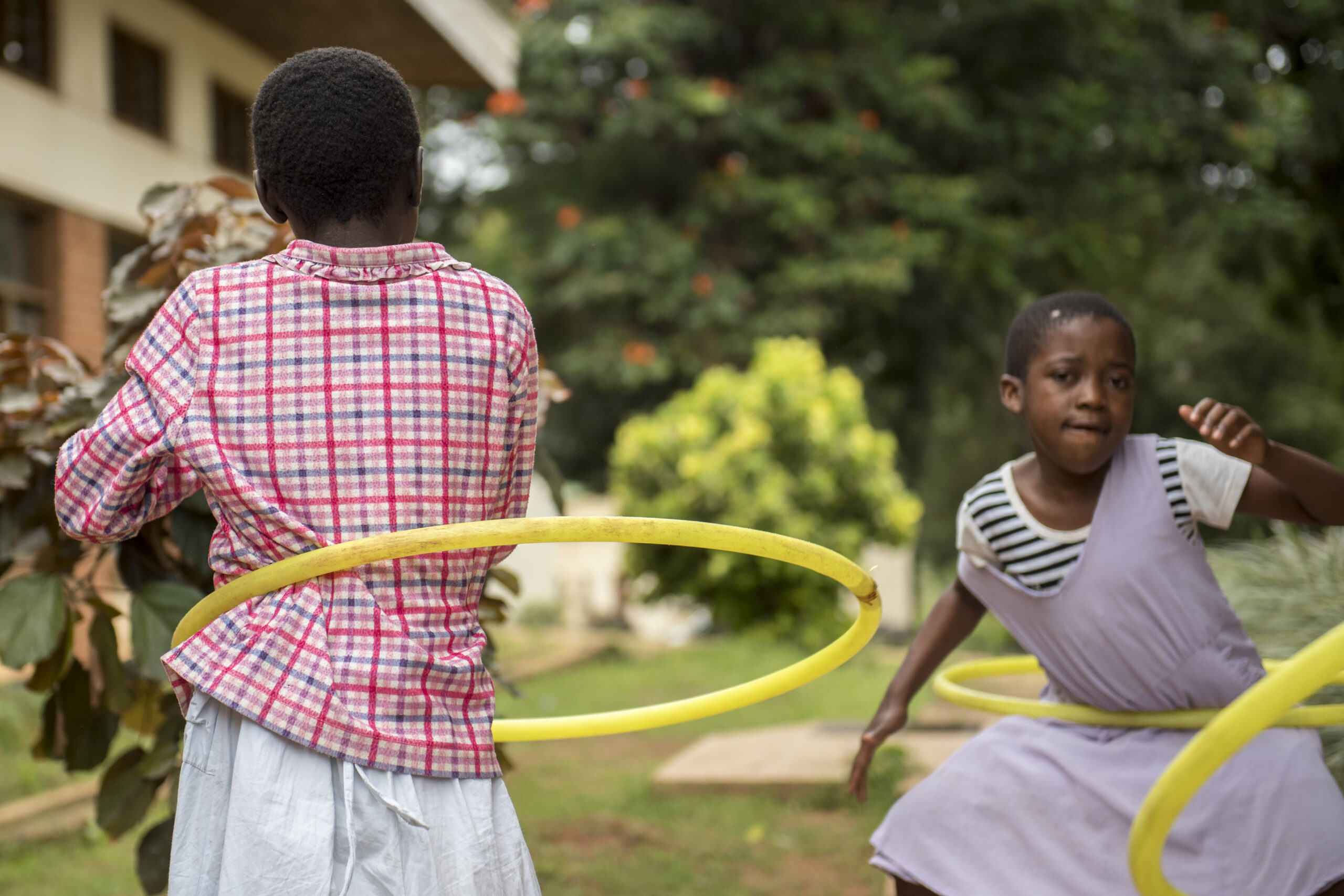Many rural areas in Malawi face serious health worker shortages—making it difficult for people living with HIV to access the care and treatment they need. To address this gap, the Elizabeth Glaser Pediatric AIDS Foundation (EGPAF) has launched a new health worker training scholarship program for people living in these rural communities to join the health work force and provide quality HIV and health services to their communities.
Thanks to funding from the U.S. President’s Emergency Plan for AIDS Relief (PEPFAR) through U.S. Centers for Disease Control and Prevention (CDC), EGPAF will work closely with the Malawi Ministry of Health (MOH) to provide 70 scholarships for three-year training programs at four separate pre-service training institutions. Students will be trained as nurse midwife technicians or medical assistants. After their training is complete, the students are committed to serving in their remote communities for a minimum of five years. Thus, in addition to increasing the total number of health care workers in Malawi, this program will improve staff retention at rural and difficult-to-staff health centers.
“My community’s health center lacks health workers and it is a huge problem, especially for women and children who seek out its services,” said Charity Mpokosa, Dedza District scholarship recipients from Dedza District. “I am very happy that I will be able to assist people in my community after I am done with my studies.”
Upon successful completion of the program, Mpokosa will serve as a nurse midwife technician at Kanyezi Health Center in Dedza District.
“In rural areas in particular, there are simply not enough front line health care workers available to provide adequate HIV services,” said Nicole Buono, country director of EGPAF-Malawi. “EGPAF is thrilled to help address this serious gap in human resources for health through this new program. Thanks to support from the CDC and the Malawi Ministry of Health, the training institutions will ensure the recipients are well-trained and that the next generation of health workers will be able to help address the needs of their own communities. “




